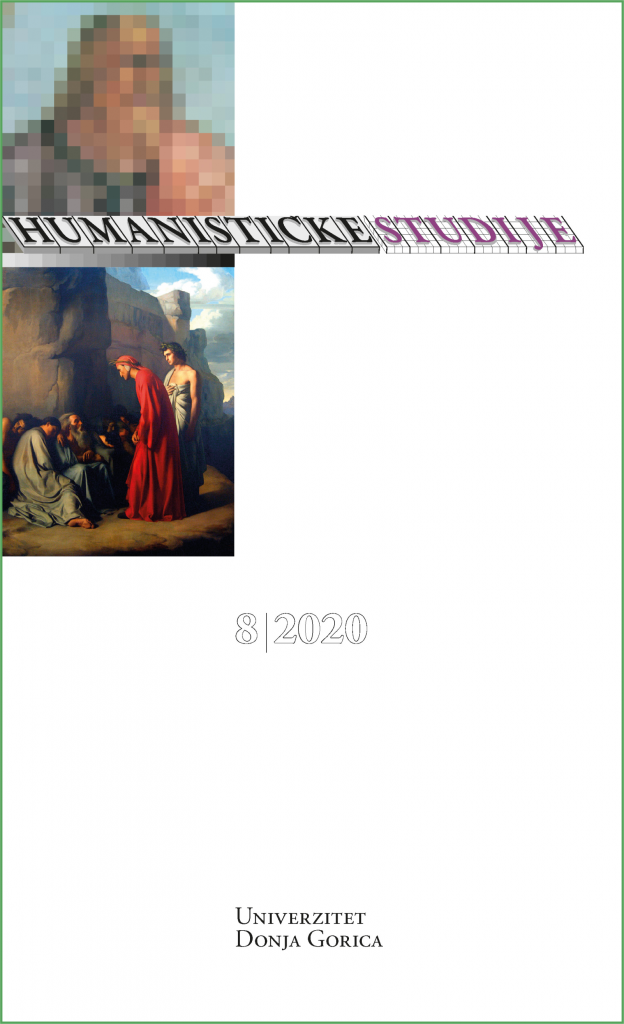Addressing the Legacies of Conflict in the Western Balkans: Reconciliation and Transitional Justice Approaches
Addressing the Legacies of Conflict in the Western Balkans: Reconciliation and Transitional Justice Approaches
Author(s): Christina GriesslerSubject(s): Politics / Political Sciences, Law, Constitution, Jurisprudence, Civil Society
Published by: Univerzitet Donja Gorica
Keywords: Transitional Justice; Reconciliation; Western Balkans; EU; Civil Society Organisations
Summary/Abstract: Reconciliation has become a catch-phrase in relation to the Western Balkans’1 EU integration efforts. According to the EU’s conditionality, the countries of the WB region need to improve their neighbourly relations and foster reconciliation prior to EU accession. However, the objectives and mechanisms of reconciliation, as envisaged by the EU, are lacking in detail and need further analysis. In the present article, the concept of transitional justice to activities in the Western Balkans is applied and they are evaluated according to the EU’s objectives. The hypothesis of the paper is that the call for reconciliation in the Western Balkans was previously mainly directed towards the elite level where there is hardly any interest in seriously facilitating transitional justice approaches, as it would undermine the politicians’ power. Civil Society Organisations (CSO) are trying to address the legacy of the past in the region, but do not always receive the necessary support by the states. In conclusion, the paper finds that the EU is increasingly looking at CSOs to launch projects fostering reconciliation. Moreover, a realisation prevailed that reconciliation takes time and that a focus on youth and education programmes might be a way forward to making progress on reconciliation in the Western Balkans.
Journal: Humanističke studije
- Issue Year: 2020
- Issue No: 8
- Page Range: 19-64
- Page Count: 46
- Language: English

